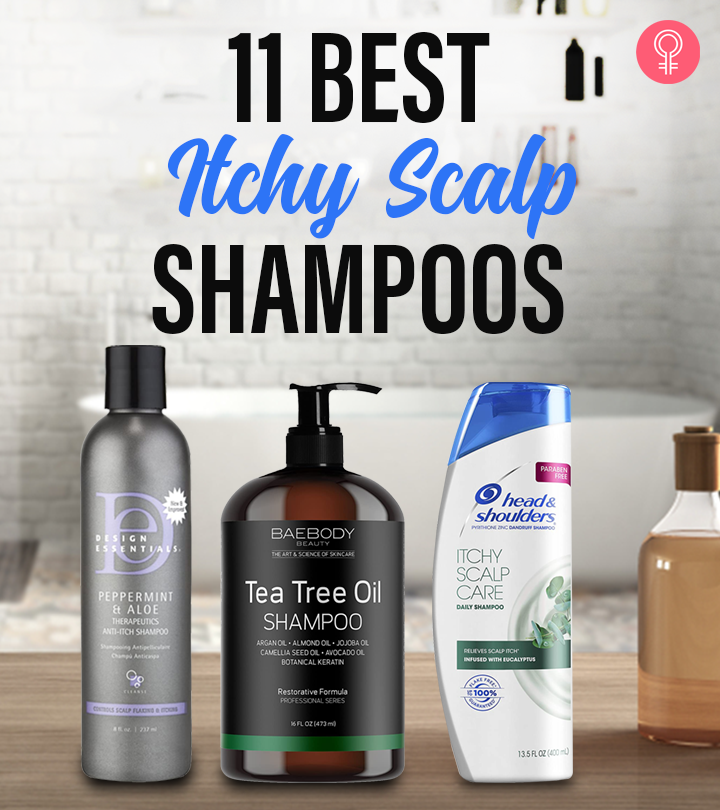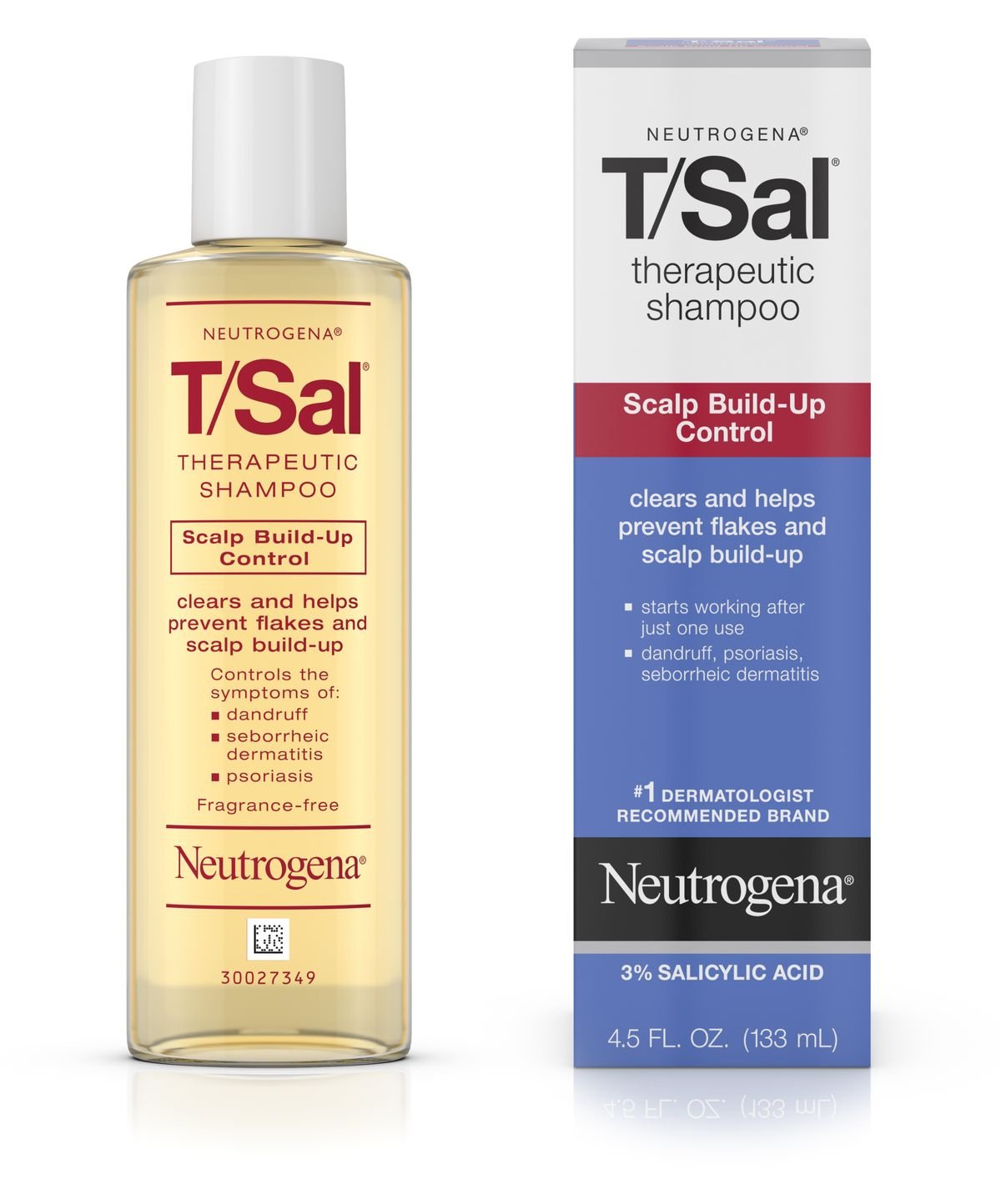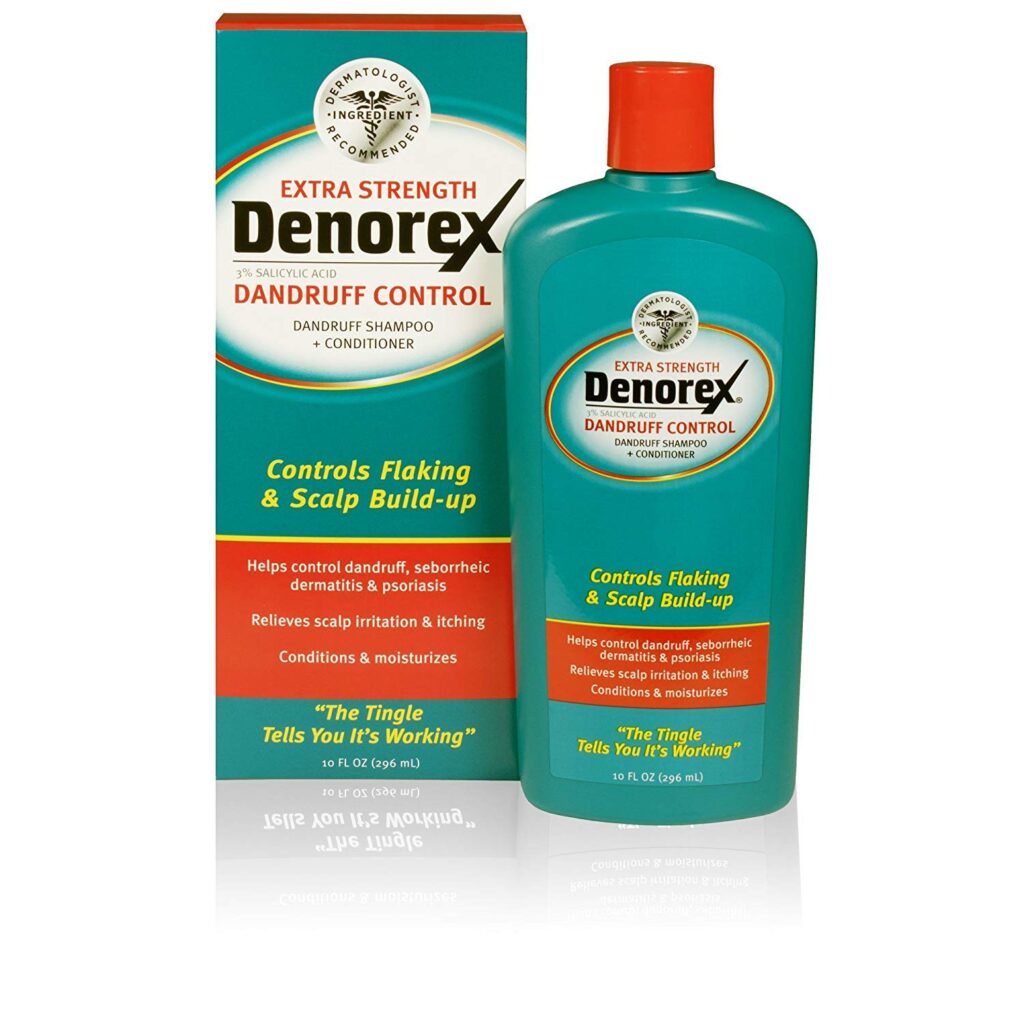Do you suffer from an itchy scalp that just won't go away? You're not alone. Millions of people worldwide deal with this uncomfortable issue every day. Finding the best shampoo and conditioner for itchy scalp can make all the difference in restoring comfort and health to your hair and scalp.
An itchy scalp can be caused by various factors, including dandruff, dryness, eczema, or even product buildup. While over-the-counter treatments can help, selecting the right products tailored to your specific needs is crucial. This comprehensive guide will walk you through everything you need to know about choosing the best shampoo and conditioner for itchy scalp.
From understanding the causes of scalp irritation to exploring top-rated products, we'll provide you with expert advice and actionable tips. Let's dive in and discover how you can finally achieve a healthy, irritation-free scalp!
Read also:London Igodala The Rising Star In The Basketball World
Table of Contents
- Causes of Itchy Scalp
- Symptoms of Itchy Scalp
- Best Shampoos and Conditioners for Itchy Scalp
- Key Ingredients to Look For
- Ingredients to Avoid
- How to Apply Shampoo and Conditioner Properly
- Natural Remedies for Itchy Scalp
- Tips for Maintaining a Healthy Scalp
- Frequently Asked Questions
- Conclusion
Causes of Itchy Scalp
Understanding the root cause of your itchy scalp is the first step toward finding relief. Several factors can contribute to scalp irritation:
- Dandruff: Caused by a yeast-like fungus called Malassezia, dandruff often leads to flaky, itchy skin.
- Dryness: Lack of moisture in the scalp can cause itching and discomfort.
- Eczema: A chronic skin condition that can affect the scalp, leading to redness and itching.
- Psoriasis: A condition that causes scaly patches on the scalp, often accompanied by intense itching.
- Product Buildup: Residue from styling products can clog pores and irritate the scalp.
According to a study published in the Journal of Clinical and Aesthetic Dermatology, dandruff affects approximately 50% of the global population at some point in their lives. Identifying the underlying cause is essential for selecting the right treatment.
Common Triggers for Itchy Scalp
Environmental factors, stress, and improper hair care routines can exacerbate scalp irritation. Here are some common triggers:
- Exposure to harsh weather conditions
- Poor diet and nutritional deficiencies
- Frequent use of heat styling tools
- Over-washing or under-washing hair
Symptoms of Itchy Scalp
Recognizing the symptoms of an itchy scalp can help you address the issue promptly. Some common signs include:
- Intense itching or burning sensation
- Flaking or scaling of the scalp
- Redness or inflammation
- Oily or dry patches
- Hair loss in severe cases
If left untreated, an itchy scalp can lead to further complications, such as infection or chronic scalp conditions. Early intervention with the right shampoo and conditioner is key to preventing these issues.
Best Shampoos and Conditioners for Itchy Scalp
When it comes to choosing the best shampoo and conditioner for itchy scalp, there are several options available. Below are some top-rated products that have been proven effective:
Read also:Mark Davis Commentator The Voice Behind The Game
Top-Rated Shampoos
- Nizoral A-D Shampoo: Contains ketoconazole, a powerful antifungal agent that targets dandruff and scalp irritation.
- Head & Shoulders Classic Clean: Formulated with zinc pyrithione to combat dandruff and itchiness.
- Neutrogena T/Gel Therapeutic Shampoo: Features coal tar, which helps soothe irritated skin and reduce flaking.
Best Conditioners
- Selsun Blue Dandruff Treatment Conditioner: Provides dual-action relief for both dandruff and itchiness.
- Paul Mitchell Tea Tree Special Shampoo and Conditioner: Infused with tea tree oil for a refreshing and soothing experience.
- Redken Scalp Relief Shampoo and Conditioner: Designed to calm and nourish irritated scalps.
Key Ingredients to Look For
Certain ingredients are particularly effective in treating itchy scalp conditions. Here are some to consider:
- Ketoconazole: An antifungal agent that targets dandruff-causing fungi.
- Zinc Pyrithione: Helps reduce scalp inflammation and flaking.
- Coal Tar: Slows down skin cell turnover, reducing irritation and redness.
- Salicylic Acid: Exfoliates the scalp, removing dead skin cells and buildup.
Research from the International Journal of Dermatology highlights the efficacy of these ingredients in managing scalp conditions. Incorporating them into your hair care routine can provide significant relief.
Ingredients to Avoid
Some ingredients can worsen scalp irritation. It's best to steer clear of the following:
- Sulfates
- Parabens
- Alcohol
- Fragrance
These harsh chemicals can strip the scalp of its natural oils, leading to increased dryness and irritation. Opt for gentle, sulfate-free formulas instead.
How to Apply Shampoo and Conditioner Properly
Proper application is crucial for maximizing the benefits of your chosen products. Follow these steps:
- Wet your hair thoroughly with warm water.
- Apply a small amount of shampoo to your scalp, massaging gently with your fingertips.
- Rinse thoroughly, ensuring no residue remains.
- Apply conditioner to the mid-lengths and ends of your hair, avoiding the scalp.
- Leave on for 1-2 minutes before rinsing.
Consistency is key when using medicated shampoos and conditioners. Follow the recommended usage instructions for optimal results.
Natural Remedies for Itchy Scalp
For those seeking alternative solutions, natural remedies can offer relief. Consider the following options:
- Tea Tree Oil: Known for its antimicrobial and anti-inflammatory properties.
- Aloe Vera: Soothes irritation and promotes scalp healing.
- Coconut Oil: Moisturizes the scalp and reduces dryness.
- Apple Cider Vinegar: Balances scalp pH and removes buildup.
Incorporating these natural ingredients into your hair care routine can complement traditional treatments and enhance overall scalp health.
Tips for Maintaining a Healthy Scalp
Beyond using the right products, adopting healthy habits can help prevent scalp irritation. Here are some tips:
- Wash your hair regularly but avoid over-washing.
- Use a wide-tooth comb to detangle hair gently.
- Protect your scalp from UV rays and harsh weather conditions.
- Eat a balanced diet rich in vitamins and minerals.
- Manage stress through exercise, meditation, or other relaxation techniques.
By combining proper hair care practices with a healthy lifestyle, you can maintain a healthy, irritation-free scalp.
Frequently Asked Questions
Q: How often should I use medicated shampoo for itchy scalp?
A: It depends on the severity of your condition and the product instructions. Generally, using medicated shampoo 2-3 times a week is sufficient.
Q: Can I use natural remedies alongside medicated products?
A: Yes, many natural remedies can complement medicated treatments. However, consult with a dermatologist to ensure compatibility.
Q: What should I do if my itchy scalp persists despite treatment?
A: If symptoms persist, consult a healthcare professional for further evaluation and personalized treatment options.
Conclusion
Finding the best shampoo and conditioner for itchy scalp requires a combination of understanding your specific needs, selecting the right products, and adopting healthy hair care practices. By addressing the root causes of scalp irritation and incorporating effective treatments, you can achieve a healthier, more comfortable scalp.
We encourage you to share your experiences and tips in the comments below. Have you tried any of the products mentioned? What works best for you? Don't forget to explore other articles on our site for more valuable hair care advice!


